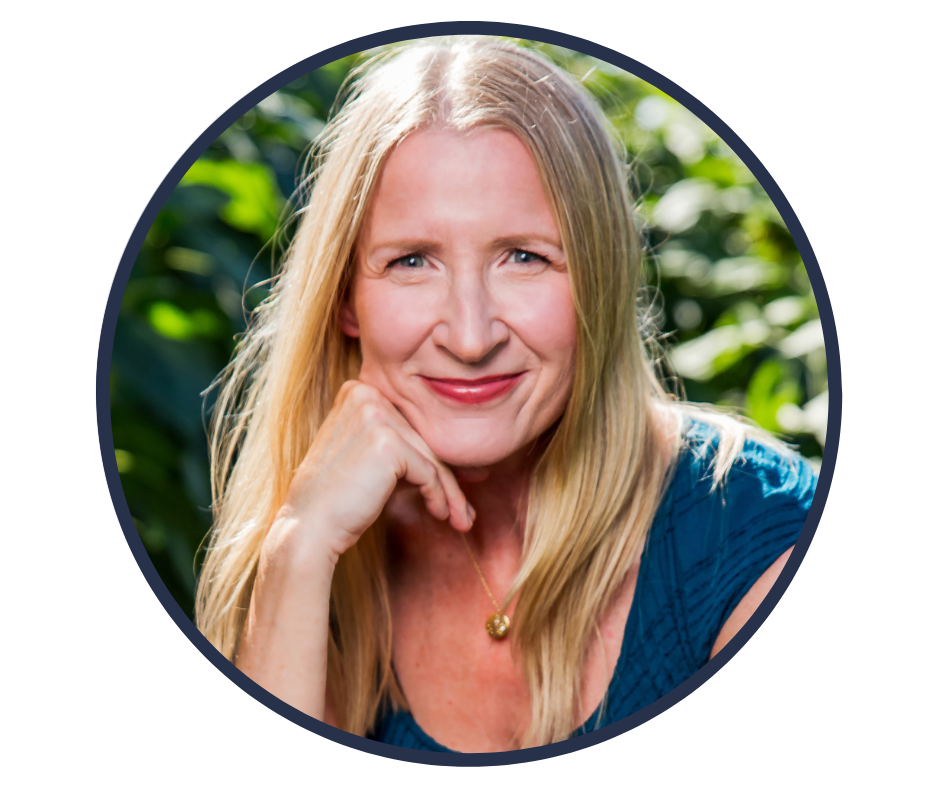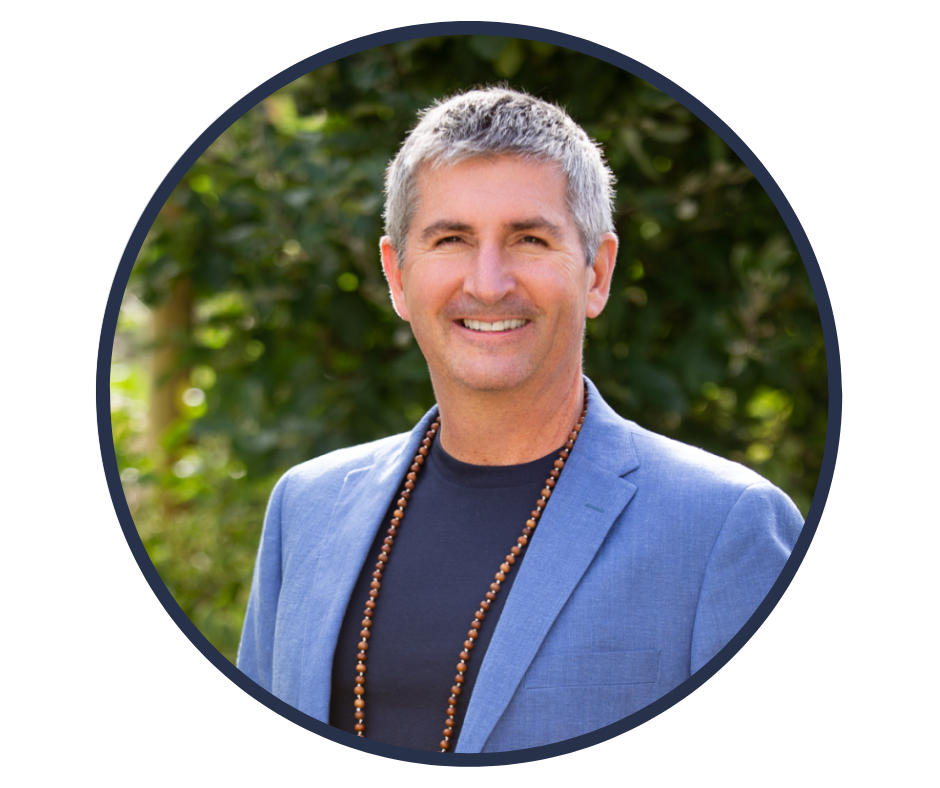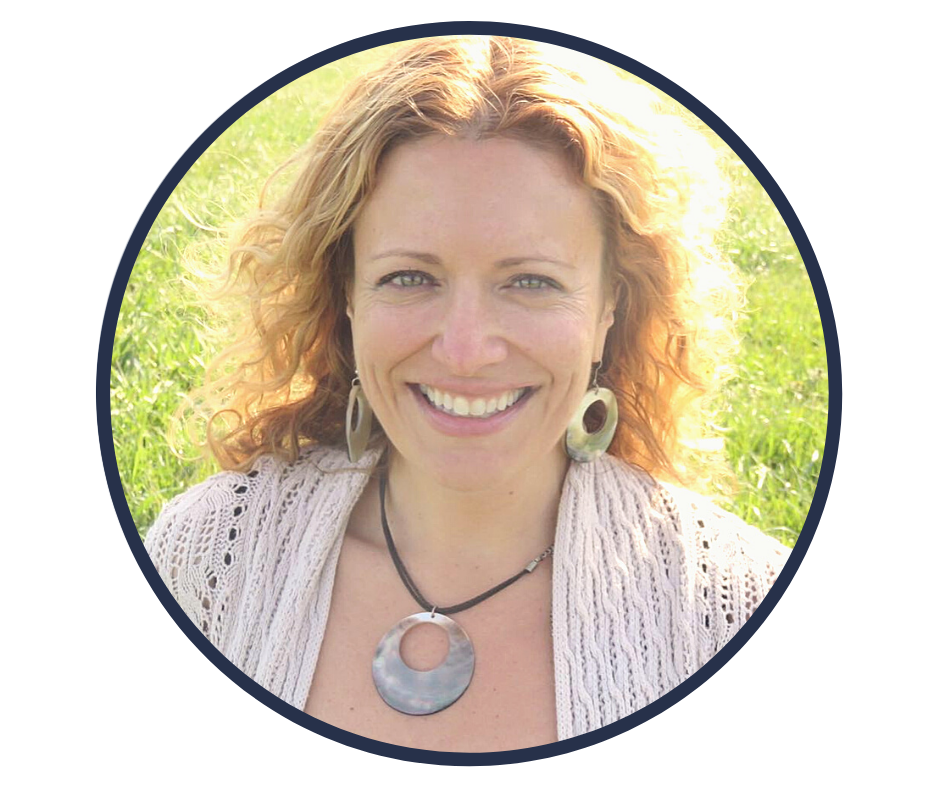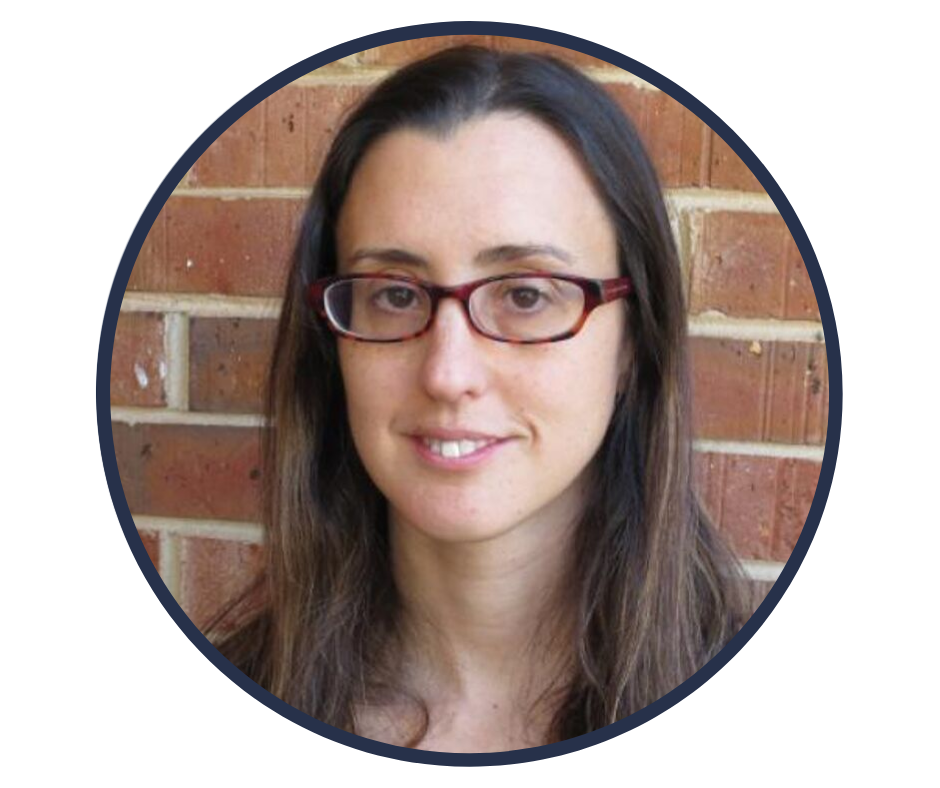Pain, Addiction and Yoga

Pain, Addiction and Yoga
This course includes
The instructors
Overview
This online course explores addiction and its intersection with pain.
This is particularly important in the climate of the opioid crisis and the increased public awareness on addiction and the movement toward identifying viable and effective nonpharmacological interventions for pain.
We will discuss the philosophical context and practices of yoga in connection to these topics. We hope that a greater understanding of addiction will increase compassion towards the people living in pain, and decrease one of the most powerful stigmas around pain.
Join Neil Pearson, Shelly Prosko, Marlysa Sullivan, and Tracey Meyers for Yoga and Science in Pain Care Chapter 12: Pain, Addiction and Yoga.
Short video introduction from Tracey Meyers
Learning objectives
In this online course, you will:
- Discover how yoga philosophy provides a framework for both understanding the root causes for pain and addiction.
- Explore the growing body of research supporting yoga and other mindfulness- based interventions as important complementary mind/body adjunctive approaches for the treatment of addiction.
- Explore a new integrative paradigm for addiction recovery that combines traditional yoga philosophy and practices (asana, pranayama, meditation) and western psychological treatments.
- Practice specific asana, pranayama, and meditation practices that can be utilized as part of an integrative approach to addiction recovery.
What you will learn can be effectively applied via virtual and in-person consults.
Audience
This course and the entire Yoga and Science in Pain Care series is intended for:
- Practitioners including yoga therapists and healthcare practitioners interested in integrating yoga with their persistent pain population to expand their approaches in clinical practice
- Yoga teachers interested in understanding aspects of the science behind yoga and pain
- Medical/healthcare professionals who want to better understand pain or want to integrate yoga and mind/body practices
- Mind/body contemplative practitioners/researchers/clinicians who want to better understand the science around pain and how yoga as a mind/body practice works with people in pain
- Yoga practitioners or integrative health consumers who want an in-depth read with practical knowledge in this field.
- Yoga therapist programs and medical university/college programs that require online course study in pain care
- Schools that have online mind/body programs as stand-alone modules or as part of medical programs and other mind-body institutions.
- People suffering from pain, particularly those keen about learning some practices to help with pain self-care and who want to learn more about the value of integrating pain science and yoga
We also hope that this series will help bring together yoga therapists and health professionals. There is value in blending science and yoga therapy in pain care – for the person in pain, for the health professional, and for the yoga professional.
The instructors

PT, C-IAYT, PCAYT
Shelly has been helping people recover and flourish since 1998 as a physiotherapist, yoga therapist, educator, author and pioneer of PhysioYoga, blending evidence-informed body-mind-breath-spirit-heart centered practices and principles, such as yoga, into physiotherapy with a focus on chronic pain, pelvic health, compassion in healthcare and professional burnout. She is on faculty at several therapy programs, presents at medical conferences globally, contributes to academic research and writing, provides classes, courses and resources for the general population, and offers continuing education courses and mentorship for professionals.
She considers herself a lifelong student and emphasizes the immense value gained from clinical experience and learning from those she serves, the professionals she teaches, and the colleagues with which she collaborates.
Shelly is the co-editor/author of the book Yoga and Science in Pain Care: Treating the Person in Pain and has authored numerous book chapters in a variety of rehabilitation textbooks.
She maintains a clinical practice in Sylvan Lake, Alberta and believes compassion (including self-compassion), meaningful connections, spending time in nature and sharing joy are powerful contributors to rehab and well-being.
Visit www.PhysioYoga.ca to learn more.

PT, MSc(RHBS), BA-BPHE, C-IAYT, ERYT500
Neil is a physical therapist, yoga therapist, author, researcher, Clinical Associate Professor at the University of British Columbia, faculty in three IAYT-accredited yoga therapy programs, board member for the International Association of Yoga Therapists and pain care advocate. He conducts research into the effects of yoga on veterans with chronic pain and people with osteoarthritis. Neil is the recipient of awards honouring his work in pain care, patient education and physiotherapy by Queen’s University, the Canadian Pain Society and both provincial and national physiotherapy associations, including the Canadian 2021 Medal of Distinction.
Neil is a consultant to Partners in Canadian Veterans Rehabilitation Services, and to Lifemark’s 300+ clinics in Canada. Neil is a past board member for Pain BC, Canada’s premier non-profit transforming the way pain is understood and treated. He co-authored – Yoga and Science in Pain Care 2019, authored the patient education ebook, Understand Pain Live Well Again in 2008, and is lead contributor to many free patient resources offer by Pain BC.
For more information and course offerings, see www.paincareaware.com

Psy.D., C-IAYT, E-RYT-500
Tracey Sondik is a licensed clinical psychologist, E-RYT 500 hour yoga teacher, certified C- IAYT yoga therapist, certified MBSR and iRest teacher. Tracey loves teaching therapeutic yoga including Yin, Restorative, and Yoga Nidra for groups and individuals. She leads nationally recognized mindfulness programs and retreats, and Yin Yoga Teacher Training Immersions for yoga teachers, yoga therapists, and mental health professionals. Tracey has a strong background in brain/behavior, working as a neuropsychologist with an expertise in neuropsychological assessment, trauma-informed therapies, and integrative medicine. She has spent most of her professional career working in inpatient and outpatient behavioral health settings with clients that have a wide-range of brain-based disorders including traumatic brain injury, stroke, neurocognitive disorders, depression, bipolar disorder, anxiety disorders, PTSD, and schizophrenia.
Tracey has authored several publications book chapters around holistic behavioral treatment for different mental health conditions, yoga for addiction, and is currently writing a book on yin yoga and mental health that is set to be published in 2021. She created and co-chairs the State of Connecticut State-Wide Integrative Medicine Collaborative dedicated to the use of holistic treatments for behavioral services throughout the state of Connecticut. Tracey is an Assistant Clinical Professor at Yale University Department of Psychiatry, and adjunct faculty member at University of Hartford Graduate School of Professional Psychology in Hartford, CT and Maryland University of Integrative Health Master’s of Science Yoga Therapy program in Laurel, Maryland.

MPT, C-IAYT
Marlysa is a physiotherapist and yoga therapist with over 15 years of experience working with people suffering with chronic pain conditions. She is an Assistant Professor in Yoga Therapy and Integrative Health Sciences at Maryland University of Integrative Health and holds an adjunct position at Emory University, where she teaches the integration of yoga and mindfulness into physical therapy practice in the DPT program. She is also the author of Understanding Yoga Therapy: Applied Philosophy and Science for Well-being and co-editor of Yoga and Science in Pain Care: Treating the Person in Pain as well as several peer-reviewed articles.
Marlysa has been involved in the professionalization of the field of yoga therapy through the educational standards committee of IAYT, which helped to define the competencies for the field, and in characterizing the yoga therapy workforce through research. Her research interests focus on defining the framework and explanatory model for yoga therapy based on philosophical and neurophysiological perspectives.
Material included in this course
-
Yoga and Science in Pain Care Chapter 12: Pain, Addiction and Yoga
-
Introduction
-
Stress and Addiction
-
Models of Recovery
-
Mindfulness and Self-Compassion
-
Case Study
-
Questions Pt1
-
Questions Pt2 - Body Scan
-
Questions Pt3
-
Conclusion
-
Feedback
Is this course part of a series of courses?
Yes, this individual course is part of a larger series: The Yoga and Science in Pain Care Book Club Series. You can choose to register for this individual session or you can register for the entire series at a discount. Click here to learn more and register for the entire Yoga and Science in Pain Care Book Club Series.
Is a certificate of completion included with this course?
Once you have completed the course, a certificate of completion (including learning hours and course information) will be generated. You can download this certificate at any time. To learn more about course certificates on Embodia please visit this guide.
This can be used for continuing education credits, depending on your professional college or association. If this course has been approved for CEUs in specific jurisdictions, it will be noted on the course page and CEU information may be added to your course certificate. Please read this guide for more information.
Is the Course Eligible For CEU's?
The answer is dependent on your profession and geographic location of practice.
For Canadian Physiotherapists, this course counts towards your learning hours and professional portfolio.
For Physical Therapists in the U.S., you can find all Licensing Authorities Contact Information by going here. Many states accept an individual's application for CEUs by submitting the course syllabus, instructor information, receipt showing payment, and course certificate.
For other professions and jurisdictions, please submit the course description, learning objectives, and instructor bios we have provided to your professional body to review.